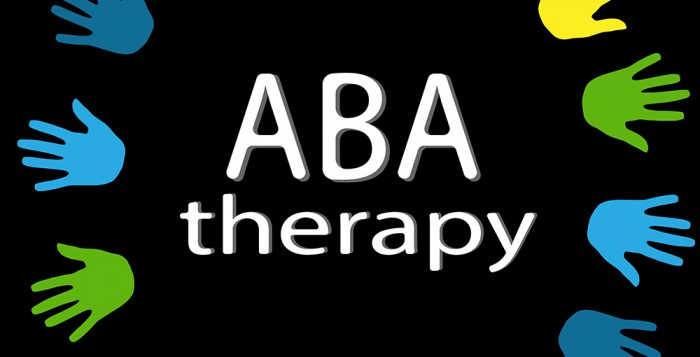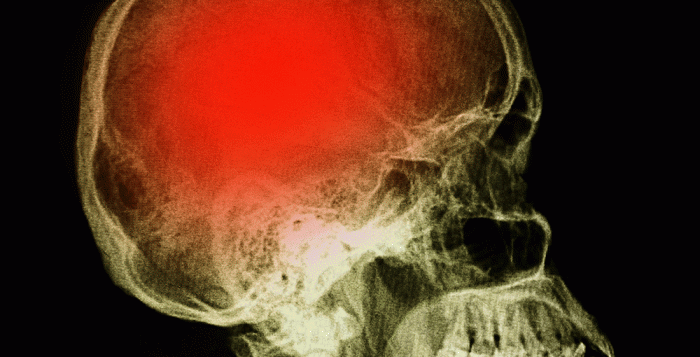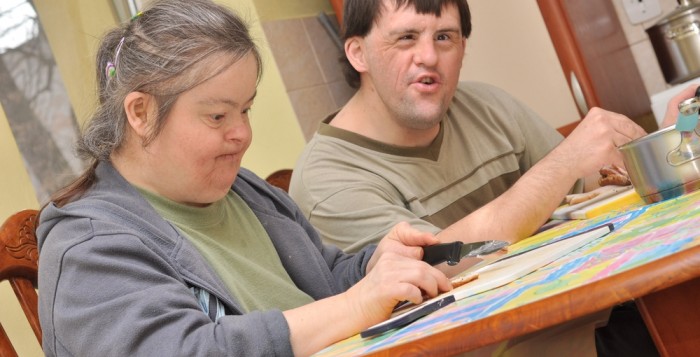Training Requirements for BSC-ASD Provided ABA Services
The Office of Mental Health and Substance Abuse Services (OMHSAS) has issued a new bulletin: OMHSAS-16-04 Training Requirements for Licensed Behavior Specialists Who Use Behavioral Specialist Consultant-Autism Spectrum Disorder Services to Provide Applied Behavioral Analysis. The new requirements are effective as of Sunday, May 15, 2016. This bulletin applies to organizations, individuals, and entities approved to provide Behavioral Specialist Consultant-Autism Spectrum Disorder (BSC-ASD) services, and who use these services to provide Applied Behavioral Analysis (ABA) in the fee-for-service and HealthChoices behavioral health managed care delivery systems. The purpose of this bulletin is to notify providers of the training requirements for newly licensed behavior specialists who use BSC-ASD services to provide ABA and who meet the training requirements for the behavior specialist license through trainings approved by the Bureau of Autism Services or the Behavior Analyst Certification Board.
IDD Update May 2, 2016
For Police, a Playbook for Conflicts Involving Mental Illness
DHS Releases Proposed Community HealthChoices Waiver
The Department of Human Services (DHS) has made available for public review and comment the proposed Community HealthChoices (CHC) 1915(b) waiver and the proposed CHC 1915(c) waiver amendments, as published in the April 23, 2016 Pennsylvania Bulletin. If approved, the waiver will govern the operation of the CHC program, Pennsylvania’s managed long-term services and supports initiative.
Available for review on the DHS website are the proposed CHC concurrent 1915(b) and (c) waiver application and a detailed summary of all provisions, including a list of long-term services and supports which will be covered under the 1915 (c) waiver, and a summary of the person-centered planning requirements, participant fair hearing rights and grievance and complaint procedures, participant safeguards, quality management processes, payment methodologies, and cost effectiveness demonstration.
The Office of Long-Term Living will offer two CHC Waiver webinars in May for public input and discussion:
- Thursday, May 12, 2016 at 2:00 pm
- Wednesday, May 18, 2016 at 10:00 am
The public comment period ends Monday, May 23, 2016. Comments received within the 30-day comment period will be reviewed and considered for revisions to the applications.
Children’s Committee Materials from April 13, 2016
CMS Releases Proposed FY 2017 IRF Payment Rule
On April 21, 2016, the Centers for Medicare and Medicaid Services (CMS) released the fiscal year (FY) 2017 inpatient rehabilitation facility prospective payment system (IRF PPS) proposed rule. The proposed rule will publish in the April 25 Federal Register. Some of the key provisions proposed include:
Proposed Updates to IRF payment rates:
Updates to the payment rates under the IRF PPS. CMS is proposing to update the IRF PPS payments to reflect an estimated 1.45 percent increase factor (reflecting an IRF-specific market basket estimate of 2.7 percent, reduced by a 0.5 percentage point multi-factor productivity adjustment and a 0.75 percentage point reduction required by law). CMS is proposing that if more recent data becomes available (for example, a more recent estimate of the market basket or multifactor productivity adjustment), it would be used to determine the FY 2017 update in the final rule. An additional 0.2 percent increase to aggregate payments due to updating the outlier threshold results in an overall update of 1.6 percent (or $125 million), relative to payments in FY 2016.
No changes to the facility-level adjustments. For FY 2017, CMS will continue to maintain the facility-level adjustment factors at current levels. CMS will continue to monitor the most current IRF claims data available to assess the effects of the FY 2014 changes.
Proposed Changes to the IRF Quality Reporting Program (QRP):
Beginning in FY 2014, any IRF that does not submit the required data to CMS receives a 2.0 percentage point decrease in its annual increase factor for payments under the IRF PPS. The Improving Medicare Post-Acute Care Transformation (IMPACT) Act of 2014 requires the continued specification of quality measures, as well as resource use and other measures, for the IRF QRP.
In order to satisfy the requirements of the IMPACT Act, CMS is proposing four claims-based measures for inclusion in the IRF QRP for the FY 2020 and FY 2018 payment determination and subsequent years and one new assessment-based quality measure for inclusion in the IRF QRP for FY 2020 and subsequent years, respectively:
- Discharge to Community – Post Acute Care (PAC) IRF QRP (claims-based);
- Medicare Spending Per Beneficiary (MSPB) – Post-Acute Care (PAC) IRF QRP (claims-based);
- Potentially Preventable 30 Day Post-Discharge Readmission Measure for IRFs (claims-based);
- Potentially Preventable Within Stay Readmission Measure for IRFs (claims-based); and
- Drug Regimen Review Conducted with Follow-up for Identified Issues (assessment-based).
Pending final data analysis, CMS is also proposing to add four new measures to IRF QRP public reporting on a CMS website, such as Hospital Compare, by fall 2017. In addition, CMS is proposing to extend the timeline for submission of exception and extension requests for extraordinary circumstances from 30 days to 90 days from the date of the qualifying event.
Heads up: New Technologies Address Traumatic Brain Injury
IDD Update April 19, 2016
ABLE Legislation
Pennsylvania SB 879 passed the House and Senate, was signed by Governor Wolf on
April 18, and is now Act 17. ABLE allows the creation of tax-advantaged savings accounts for an individual with disabilities. These accounts can be used for health care, assistive technology, housing, and education.
ODP Fee Schedule and Rate Setting
The Office of Developmental Programs has released its Rate Setting Methodology (Bulletin #00-16-03) and Fee Schedule Rates (Bulletin #00-16-04) effective July 1, 2015.

















